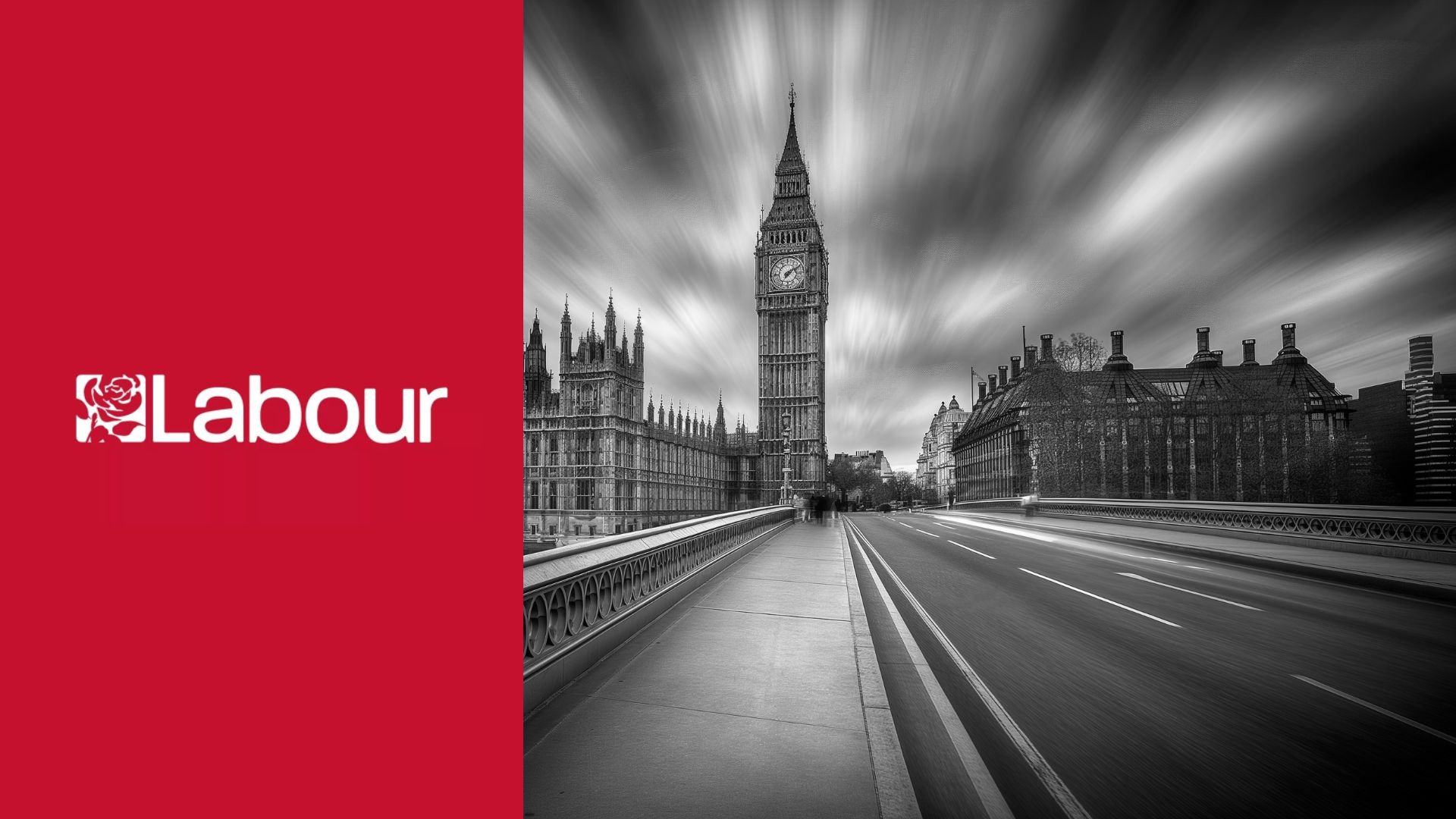A moral dilemma - repaying furlough
A moral dilemma - repaying furlough

Background
No-one disputes that the Coronavirus Job Retention Scheme (CJRS) has been invaluable in supporting businesses and keeping people in work. Without it, the level of unemployment would be much higher.
According to the Government’s statistics dated 25th March 2021 (here):
- The number of people furloughed rose sharply in November 2020 to 4 million, increased further to 4.9 million on 31st January 2021, but has now reduced to 4.2million.
- As at 28th February 2021, 41% of employers had furloughed staff, which is believed to have reduced to 39% as at 31st March 2021.
- A total of 11.5 million jobs have been supported by the CJRS.
The Commons library (here) has stated that the cost of the CJRS after one year was over £53 billion.
Recently, we have seen several businesses deciding to repay HMRC money claimed via the CJRS.
Claiming under the CJRS was probably the correct initial step for many businesses to take when the pandemic first took hold, and we are not yet out of the woods, but it may be becoming clear for some businesses that they have been less affected by covid than first feared. If so, will we begin to see more businesses choosing to repay?
CJRS rules
The Government guidance (available here) says;
“If you cannot maintain your workforce because your operations have been affected by coronavirus (COVID-19), you can furlough employees and apply for a grant to cover a portion of their usual monthly wage costs where you record them as being on furlough.”
The key part of the guidance is the opening sentence. Those who can claim are only those who have not been able to maintain their workforce because operations have been affected by covid.
This gives the Government scope to argue that an employer claiming CJRS who could have maintained its workforce, should be required to repay furlough claims.
We saw a glimpse of control being imposed by the Government when it was planning the Job Support Scheme (JSS). That scheme never came into effect, but an eligibility requirement for larger businesses was that they “…will not make capital distributions while accessing the grant. This includes any dividend, charge, fee or other distribution or, if it is a partnership, any equivalent payment to its partners.”
What followed that paragraph was interesting, albeit the JSS guidance has been withdrawn. It focused on the moral obligation and said:
“This expectation is not a contractual or legal condition of the scheme. Employers are encouraged to reflect on their responsibilities and the fact that taxpayers should be able to rely on public money only being claimed where it is needed.”
Moral dilemma
If a business performed on par with 2019 or did better than expected (even seeing an increase in turnover/profit/cash during the pandemic) should there be an obligation on it to refund CJRS money to HMRC?
At first blush, such businesses do not appear to fall within the CJRS guidance as they will have been able to maintain their workforce because their operations have not been affected by covid. This may give the Government scope to challenge their claims, and most people would probably think that would be fair and right.
There are likely to be other pressures that will, over time, come into play.
- Your staff will have a sense of how the business has performed, especially your accounts team, or if you publish financial data. If your staff know the business has done well while claiming government money, it is unlikely to sit comfortably with them. Where competition for the best talent is fierce, any negative PR or refusal to repay may impact your ability to recruit and retain.
- Do not forget the Government has already introduced (and promoted) a confidential line that allows employees to easily report their employer if it has abused the CJRS. This could be used by employees to report employers who have taken public money but seen no impact to their business.
- The public may well expect taxpayers’ money to only be used by those businesses who need it. Where the data on who has claimed is now public, it will be easy for someone to see if your business has claimed. Most business are also required to publish accounts, so, in time, there will be information available in the public domain about your organisation’s finances.
- We also recall the backlash against certain wealthy celebrities whose businesses claimed CJRS money at the outset; there being some strong moral views that such wealthy people should not benefit from taxpayers’ money.
- Your customers may use the Government’s data to see if you have claimed CJRS and, if so, could this become a factor in them deciding to deal with you.
- Your competitors may begin to repay furlough money and, the more that do so in your sector, the more the pressure may mount on you to follow suit. The legal sector is already seeing firms repay furlough money, and that trend, we suspect, will continue.
While most business will not have flourished in 2020/2021, and certain sectors like hospitality and retail have suffered significantly, there is likely to be growing pressure from all quarters; HMRC, your staff, the public, your customers and your competitors if any feel your CJRS claim was unnecessary.
Summary
Any business found to be using taxpayers’ money to increase profits is likely to see a significant public back-lash if it ever becomes known.
Owing to the size of the public debt, we suspect this issue will continue to rumble on, especially, as more and more businesses decide to repay CJRS money.
It is (or is likely to become) a hot topic for many employers who have come to realise that while covid had an impact, that may not have been as bad as first feared. If so, when they “…reflect on their responsibilities…” they may decide to repay CJRS money.
Now some businesses are repaying CJRS money, will we see a snowball effect where businesses want to be seen to act ethically and/or not be outdone by their competitors.
If you would like any further information or want to discuss any of these issues then please contact the writer, Matthew Kilgannon, via mk@kilgannonlaw.co.uk or on 01483 388 900.
Kilgannon & Partners LLP is a specialist employment law firm where our experienced employment law partners offer practical, prompt and professional employment law and HR advice.
17th May 2021. © Kilgannon & Partners LLP






Kilgannon & Partners LLP
Kilgannon & Partners LLP is authorised and regulated by the Solicitors Regulation Authority (number 655674)
Terms and conditions | Privacy Policy | GDPR |
Complaints |
SRA Legal Diversity Survey Website designed by
Frontup Design





